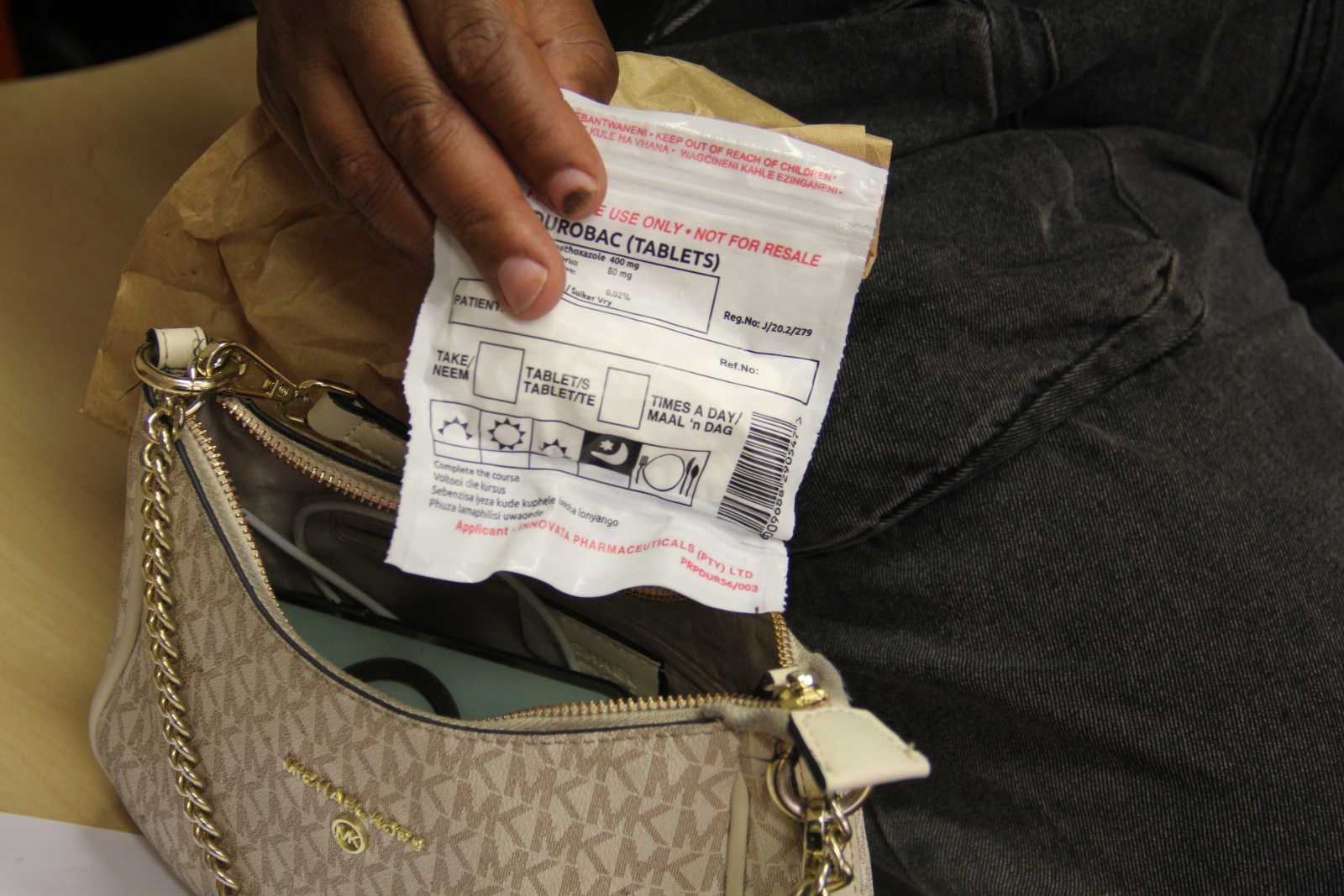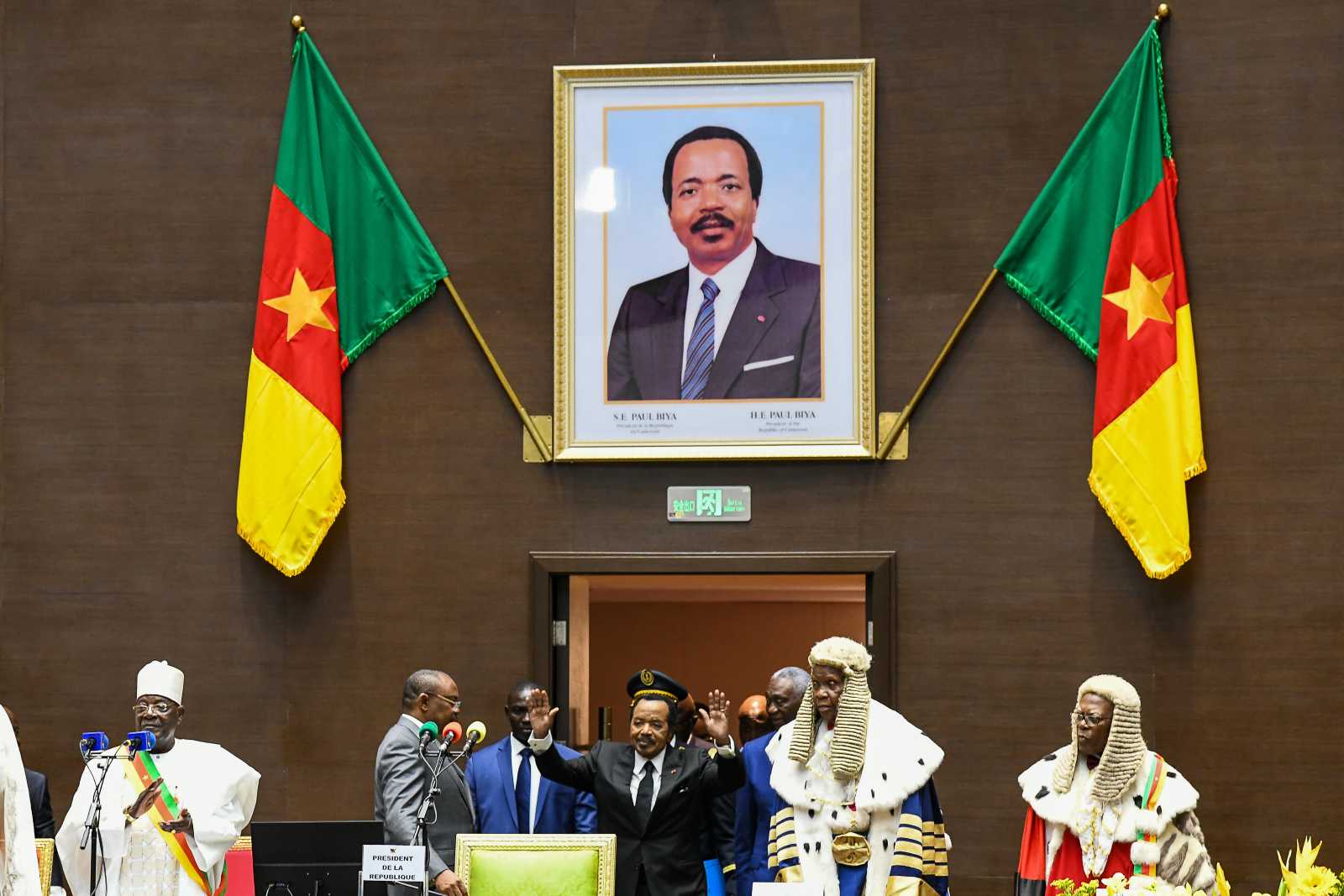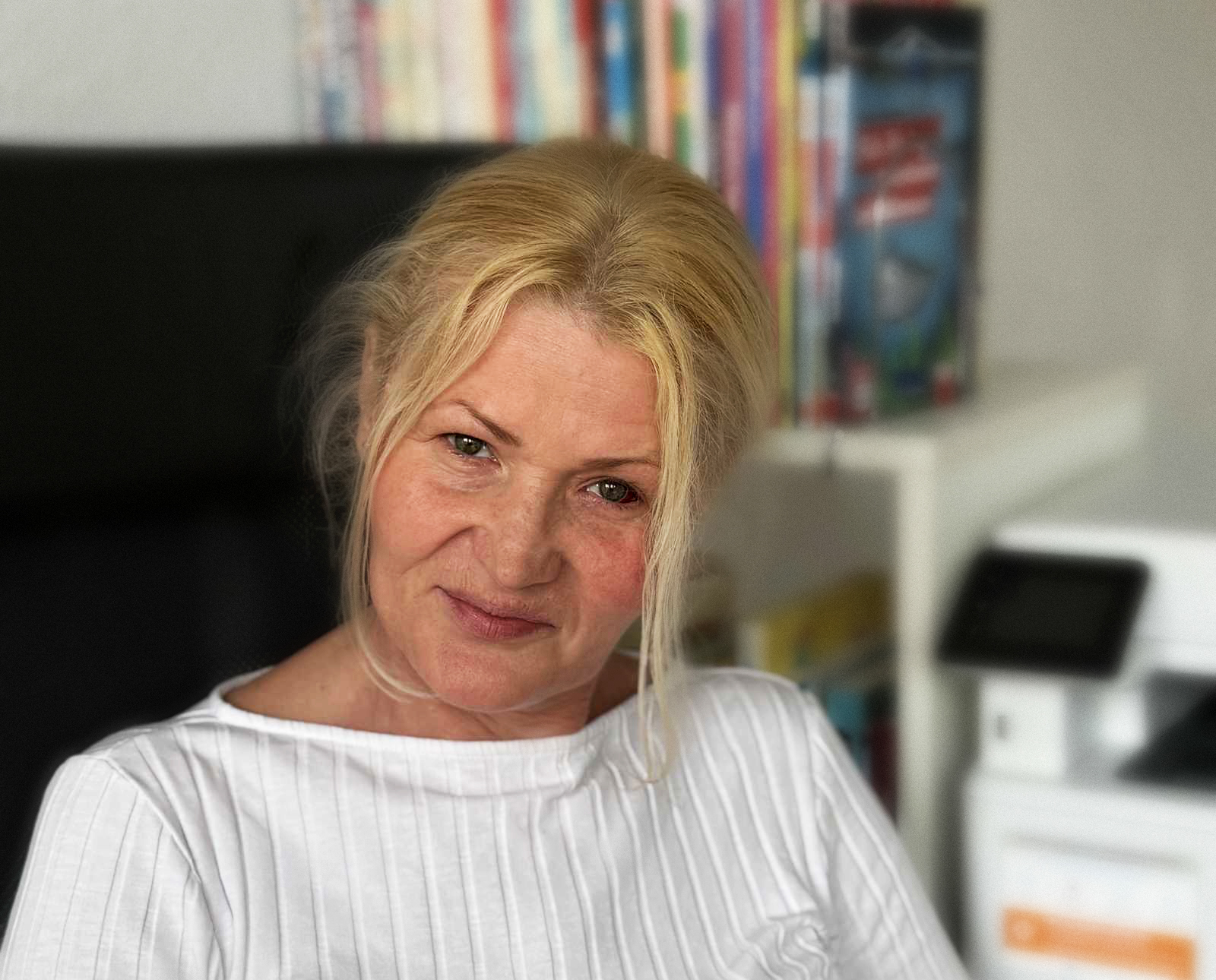Thumbs down: Global Hunger Index 2012
The GHI is an annual series published by the International Food Policy Research Institute in cooperation with Welthungerhilfe and Concern Worldwide, two non-governmental organisations from Germany and Ireland respectively. The GHI 2012 covers 120 developing countries and emerging markets. It is based on three indicators: the share of malnourished people in a country’s population, the share of underweight children in their age group and the mortality rates for children below the age of five years. Since 1990, 15 countries improved their index by 50 % or more. (ph)
__________________________________
Escalating violence in Nigeria
According to Human Rights Watch, many attacks by the Islamist Boko Haram in Nigeria probably amount to crimes against humanity. At the same time, the New York-based advocacy group accuses Nigerian state agencies of extrajudicial killings and other serious crimes.
A report Human Rights Watch published in October states that more than 815 people died in Boko Haram attacks in the first nine months of 2012 – more than in all of 2010 and 2011 combined. Boko Haram attacks primarily target the police and other security agents as well as Christians and Muslims “working for or accused of cooperating with the government”, according to Human Rights Watch.
The civil rights organisation, moreover, states that the government is responding to such violence with a “heavy hand”. Security forces are said to have killed “hundreds of Boko Haram suspects and other members of the public with no apparent links to the group”. Daniel Bekele, Africa director at Human Rights Watch, says: “The unlawful killing by both Boko Haram and Nigerian security forces only grows worse; both sides need to halt this downward spiral.” (dem)
Link:
Human Rights Watch: “Spiraling violence: Boko Haram attacks and security forces abuses in Nigeria”:
http://www.hrw.org/reports/2012/10/11/spiraling-violence-0
_____________________________________
Change of guard at the Global Partnership
Justine Greening, Britain’s new cabinet member in charge of the Department for International Development (DFID), was appointed co-chair of the Global Partnership for Effective Development Cooperation after our October issue went to print. She has succeeded Andrew Mitchell, her predecessor at DFID, in this context too. Together with the two other Global Partnership co-chairs, Ngozi Onkonjo-Iweala from Nigeria and Armida Alisjahbana from Indonesia, she recently addressed a letter to member governments, proposing a ministerial meeting for next year. The Global Partnership was started this summer. It is the result of the series of High-Level Forums on Aid Effectiveness that were held in the past 10 years. (dem)







